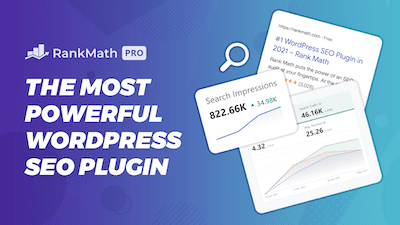As an SEO professional working with a publisher, I often find myself in a peculiar situation. With a constant influx of writers creating content, it’s not uncommon for copycats to appear, occasionally even outranking the original article.
This was something I had experienced firsthand, so I decided to dive deeper into the issue by examining a search engine journal article discussing stolen content and why it might outrank an original piece.
Frustration Among Writers
The entire issue came to light when a writer from The Verge voiced their concerns about top search engine result pages (SERPs) being dominated by copycat articles. It left them wondering why their original work wasn’t showing up.
In my own experience, I’ve seen similar situations with media companies I’ve worked for. When they publish a piece, almost immediately, a bunch of copycats scrape the content and regurgitate the information, sometimes temporarily outranking the original source.
Pasting Article Titles vs. Focusing on Keywords
Danny Sullivan, a public liaison for search at Google, shed some light on the situation. He suggested that the issue could arise when writers search for their article titles verbatim. As a result, the competition for that title would surface, even if the original article should ideally be ranked higher.
He emphasized that what truly matters is ranking for competitive keywords that the article was initially aiming for rather than solely focusing on the exact title. However, this explanation doesn’t feel entirely reassuring.
Should an Article Rank Twice in Top Stories?
The article raises an intriguing question: should a page rank twice if it’s the top stories’ result? Danny Sullivan mentioned that if an article is already in the top stories section, it might be why copycats are showing up in the top SERP positions. Google’s algorithm prevents duplicate content from appearing twice in search results.
Despite the ongoing conversation on Twitter, there doesn’t seem to be a definitive answer to this issue. The reality is that if your article shows up in the top stories, you might not appear twice, leaving room for copycats to claim those top spots.
Are you a visual learner? Then, check out my video titled “Why Your Copycat Competitors Are Outranking You. ????” from my YouTube channel.
Frequently asked questions (FAQ)
Do you still have questions? Below are some of the most commonly asked questions about copycat content.
What can be done to mitigate the impact of copycat content on search rankings?
To lessen the impact of copycat content on search rankings, content creators and SEO professionals should proactively monitor their content’s performance and report instances of content scraping to search engines. Implementing advanced SEO strategies, such as using canonical tags and structured data, can also help search engines better understand the original source and improve content ranking.
What should writers and SEO professionals focus on to ensure their content ranks well on SERPs?
Instead of focusing solely on the exact article title, it’s essential to concentrate on ranking for competitive keywords that the article initially aimed for. Creating high-quality, original content and implementing effective SEO strategies will help improve the visibility and ranking of your content on SERPs.
How does Google’s algorithm handle duplicate content and top stories in search results?
Google’s algorithm prevents duplicate content from appearing twice in search results. If an article is already in the top stories section, it might not appear again in the SERPs, which can create an opportunity for copycats to claim the top positions.
Conclusion
As SEO professionals and writers, we need to be aware of the challenges posed by copycat content and stolen material. It’s essential to focus on ranking for competitive keywords and continue to create high-quality, original content. While there may not be a perfect solution to the problem, being proactive in our SEO strategies and fostering an understanding of how search algorithms work can help us navigate this complex landscape.
That concludes this article. What do you think? Let me know in the comments below (I read and reply to every comment). If you found this helpful, check out my full blog and subscribe to my YouTube channel. Thanks for reading!








